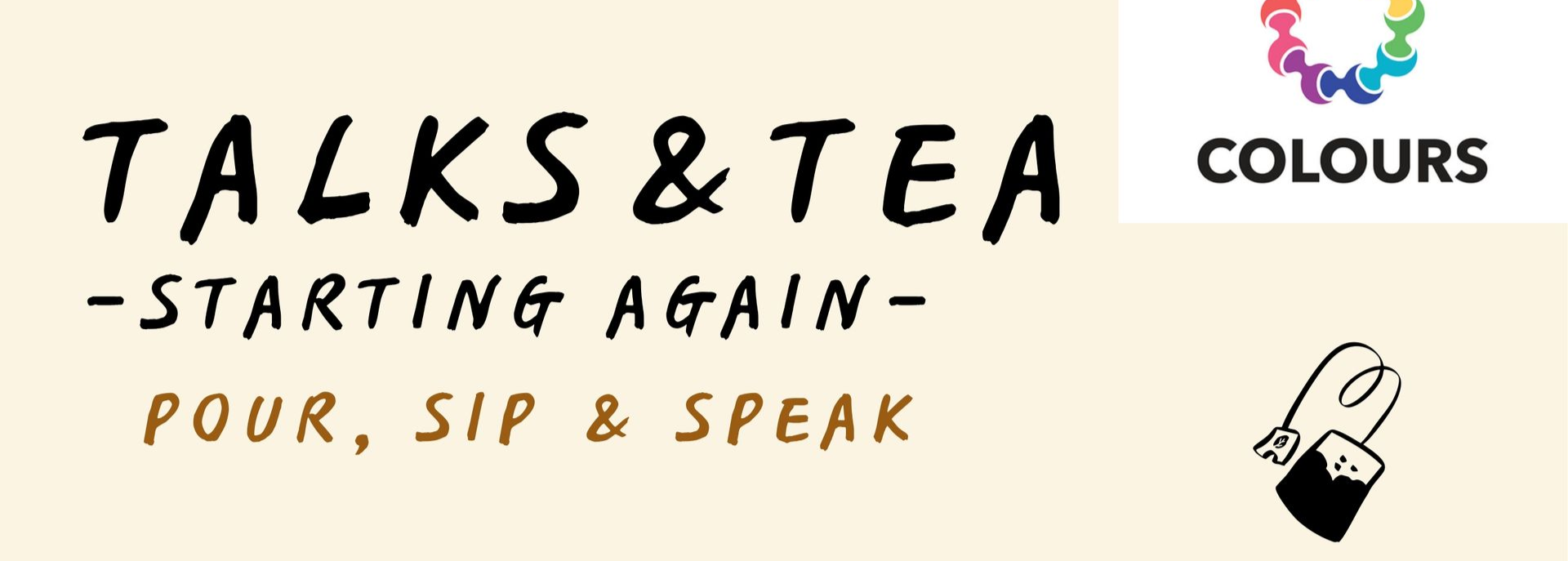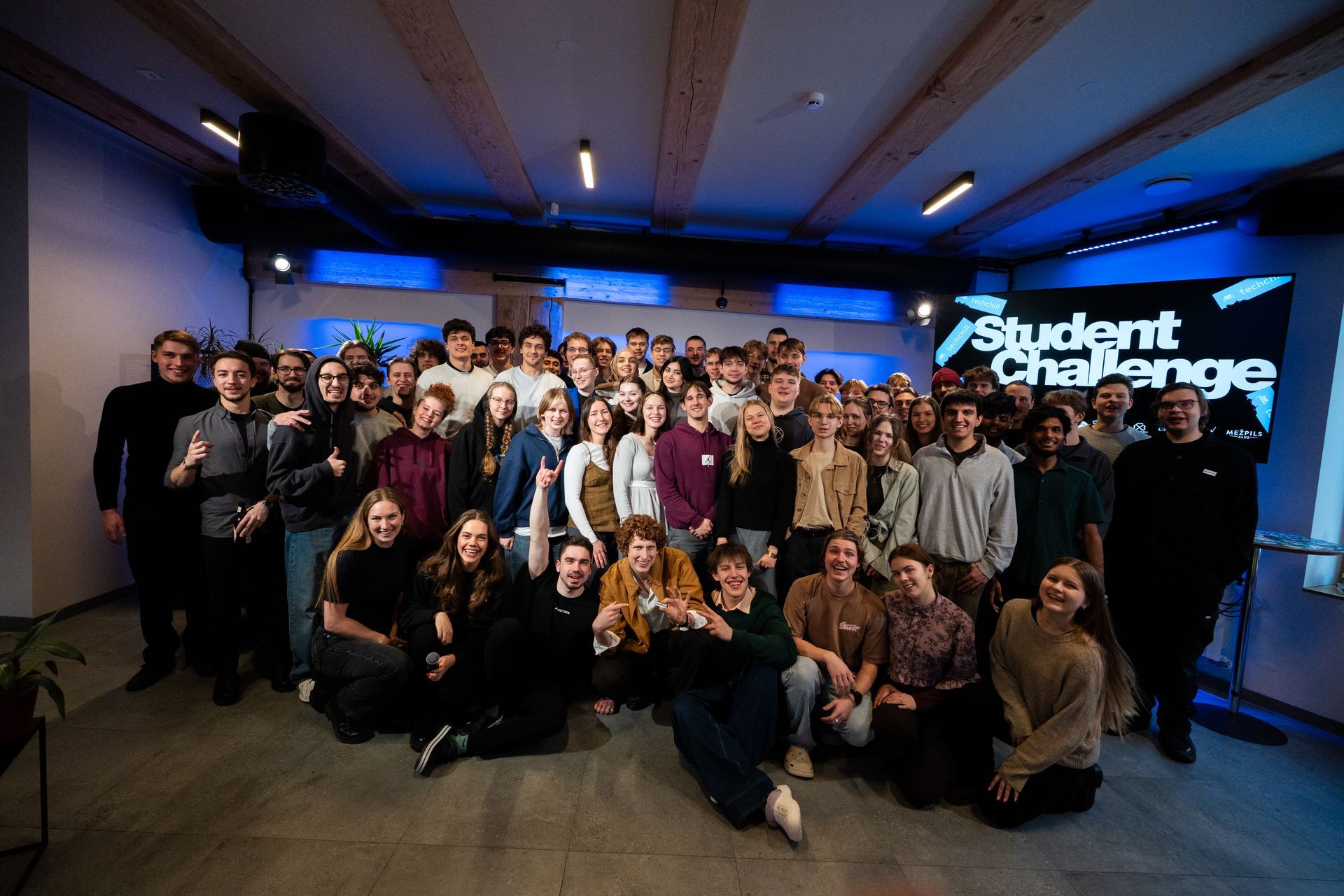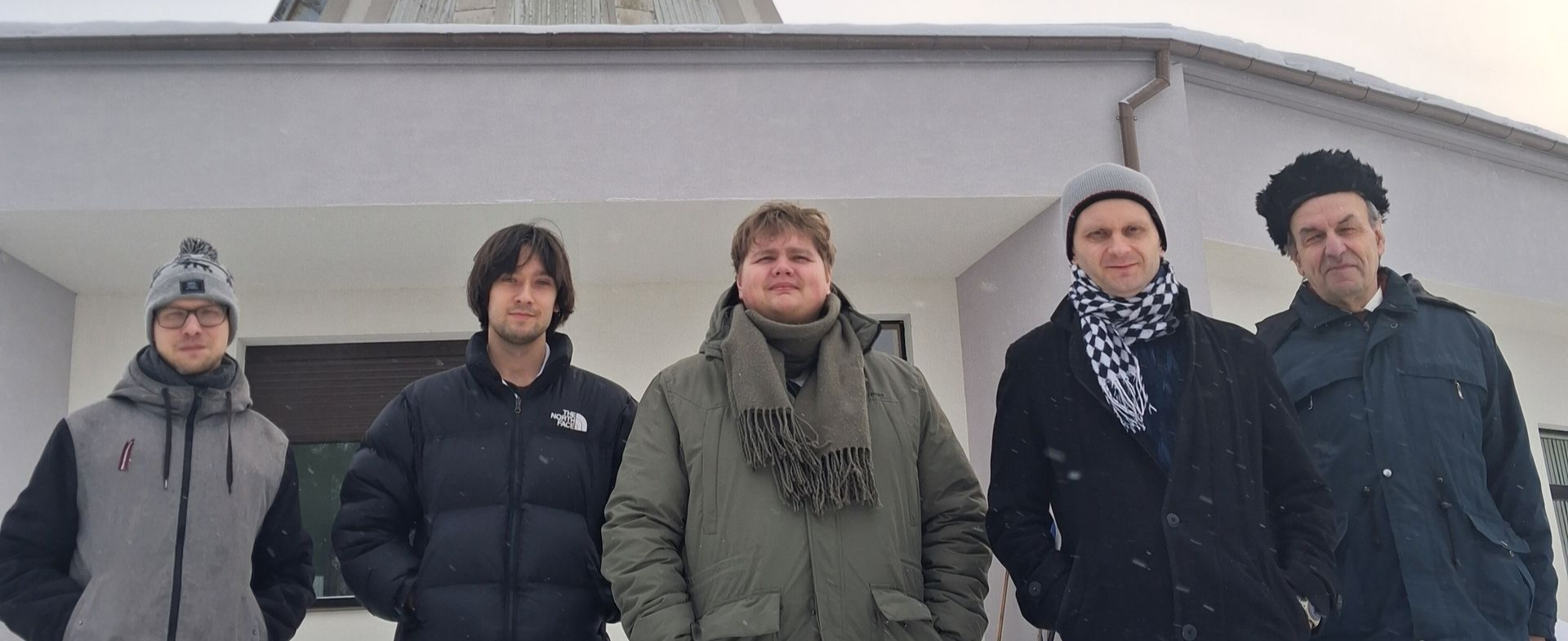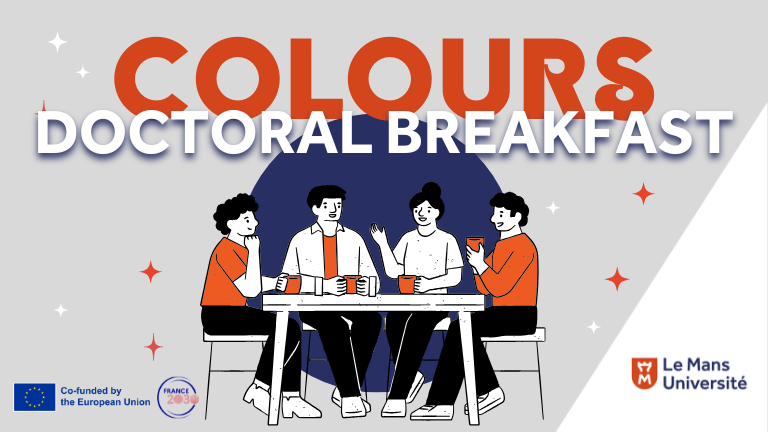Rodrigo Laurinovičs – Experience from Internship at the European Space Agency
Rodrigo Laurinovičs, a student of the "Electronics Engineering" program, began his internship at the European Space Agency (ESA) in Germany on March 1, 2022, and it lasted for two years. Now back in Latvia, Rodrigo shared his experiences during an interview.
Tell us a little about yourself!
I’m from Latgale and started my academic journey at Vabole Secondary School. Initially, I wanted to pursue higher education in Denmark, but financial constraints prevented me. Fortunately, I was accepted at both Riga Technical University (RTU) and Ventspils University of Applied Sciences (VUAS). Following my original plan, I chose to study further from home in Ventspils. In my third year, I was sent on a mission to work on ESA's CubeSat OPS-SAT-1 project.
How did you get into the European Space Agency?
I proved myself to my professors as a reliable and hardworking student. My candidacy was recommended to Mārcis Donerblics, who was looking for candidates to gain experience at ESA. I successfully represented myself in the ESA interview, and among all applicants, I was the one chosen!
Tell us about the project you worked on – what was it?
I worked on the CubeSat OPS-SAT-1 project, aimed at promoting technological advancements in the space industry. Compared to more significant missions like GAIA or EUCLID, this was a relatively low-cost mission—approximately two million euros. As such, the OPS-SAT-1 team was given the green light to test various technologies and solutions that would not be approved for larger-scale missions.
What was your role and responsibilities in the project?
Initially, I was responsible for maintaining FPGA experiments and ensuring a quick and safe switch between hardware configurations to avoid losing satellite operational time. Over time, my responsibilities grew to include providing technical support for experiments, maintaining embedded systems, participating in simulations, and assisting with the ESA Academy Ladybird course alongside its instructor, David Evans.
Were there any unexpected discoveries or insights during the project?
There were many discoveries, primarily about myself. There was a moment when I felt the mission might fail because of me, forcing me to reflect on the problem's origins. Working directly with the satellite was a new experience, requiring a different way of thinking beyond just technical expertise.
What do you consider your greatest achievements in the project?
The most significant challenge and achievement was restoring the satellite's memory. I’m also proud of the broad range of experiments I helped integrate into the OPS-SAT-1 infrastructure and the scientific papers I co-authored with my team. We even won the international SPACEOPS 2023 award for outstanding achievements!
What skills or knowledge did you gain, and how will they help you in the future?
I gained immense technical and implementation knowledge. I learned to think holistically about systems and how to act when lacking sufficient information for precise decisions. Operational solutions are rarely perfect, but they work.
What are your goals for the next five years?
First and foremost, I need to graduate. I also want to give back to those who made my ESA internship possible. I hope to design my own project and contribute to the advancement of space technologies. Who knows, perhaps one day I’ll proudly say, “I built a CubeSat!”
Any interesting incidents or events you'd like to mention?
One vivid memory is the first mistake I made during the project. In my first weeks, I was responsible for the satellite’s positioning system, requiring me to improve existing code and test the star tracker software. Despite my C programming experience, I made a significant logic error that rendered the satellite uncontrollable for a day and a half, during which its rotation speed increased by three degrees per second. Fortunately, I identified the issue and reported it to my colleagues. As it turned out, the satellite had multiple fail-safes against such errors, though I was unaware of them at the time.
What advice would you give to prospective Electronics Engineering students?
RTU isn’t the only place in Latvia to develop engineering skills—Ventspils University of Applied Sciences offers excellent opportunities and exceptional knowledge in this field! Don’t dwell on past experiences or achievements—dare to try, take action, and make the most of available opportunities. You never know how they might lead to an outstanding career start!
Share on other platforms
Other news







